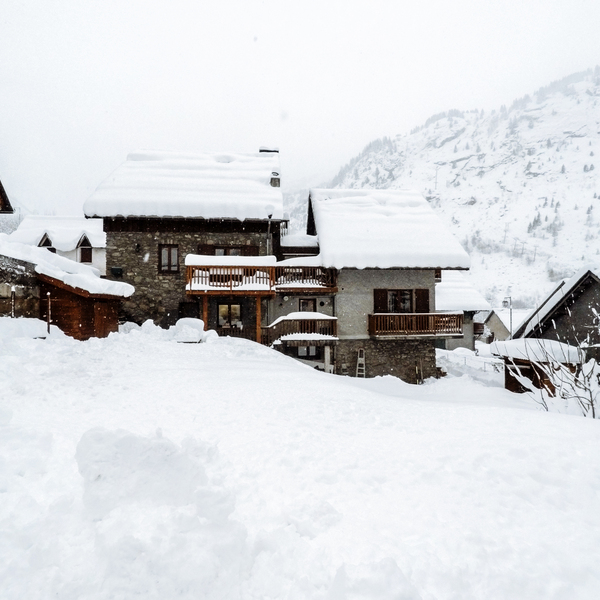Most first-time skiers feel a degree of nervousness. You can expect to fall a few times before you get your balance and the hang of the sport. However, there is more to an endurance sport like skiing than learning and practicing the techniques. Skiing will also require reserves of stamina to keep you going. Here are the top ten tips for boosting endurance.
Endurance training tips

In the early stages of learning to ski, you may underestimate what your body will be subjected to. The duration and intensity of skiing sessions will find your body unprepared unless you are already actively involved in endurance activities such as running and cycling.
Expect to feel tired and sore in the beginning and to have to push past this. Over time, bone density and the strength of ligaments, tendons, and muscles will increase. Gradually build up your time on the slopes until you are able to sustain a morning and afternoon skiing workout.
Sleep and the importance of warm-ups

You should get seven to eight hours of sleep every night. Although it might be tempting to party at night after skiing all day, not getting enough sleep will reduce the body’s ability to repair cells. Your focus will also decrease and affect your performance.
After waking and before you start skiing, remember your warmup exercises, the yawniing of exercise! These will keep you limber. But make sure that you do dynamic warmups that prepare you for the rigors of the day.
Hydrate often

Experienced skiers pack in a flask of clean, ice-cold water. If you are not sure of the water quality in an area, pre-boil it and allow the water to cool down before refrigerating.
Many energy drinks are high in sugar and other unhealthy ingredients. Choose a drink formulated for high-performance athletes that is low in sugar and contains caffeine, taurine, l-theanine, creatine, and CoQ10. You can drink a healthy one before you go skiing.
End-of-the-day foods

As always, a healthy diet consists of fresh fruit and vegetables, whole grains, a good protein source, and dairy. However, when you are away skiing in the snow, you may want to eat warming foods, especially after a few hours on the slopes. This could include meals containing black and white pepper, chili peppers, garlic, ginger, green onions, nuts, and eggs.
Endurance foods & electrolytes

Endurance foods will fuel your muscles and prepare you for prolonged activity. Carbohydrates provide glucose and prevent blood sugar from dropping. Fats are best for long, low-intensity sessions. Proteins are needed to repair and maintain muscles, and though this is not well-known, they are necessary for endurance sports.
While carbohydrates are required, before, during, and after skiing, proteins and fats should be taken afterward. Additional sodium, magnesium, and potassium are necessary during endurance training. You will not get sufficient from your meals so take a replacement drink. It will ensure optimal performance and prevent hyponatremia.
Strength & interval training

Although your focus is endurance, don’t neglect strength training. It will promote speed and energy. Simultaneously, you will experience fewer injuries.
Interval training should be done two or three times a week. This will increase oxygen utilization uptake. Interval training will also minimize the danger of overuse injuries.
Sustain your immune system

If your immune system is not at its best, endurance training will quickly reveal this in cold and flu symptoms. This will disrupt your training and set you back weeks.
Supplementation is necessary in addition to a healthy diet. Make sure to take extra Vitamin A, B, C, and E. You will also need selenium and coenzyme Q10.
Pay attention to these endurance tips to make sure your body is at its peak when learning to ski.
Tagged with;















